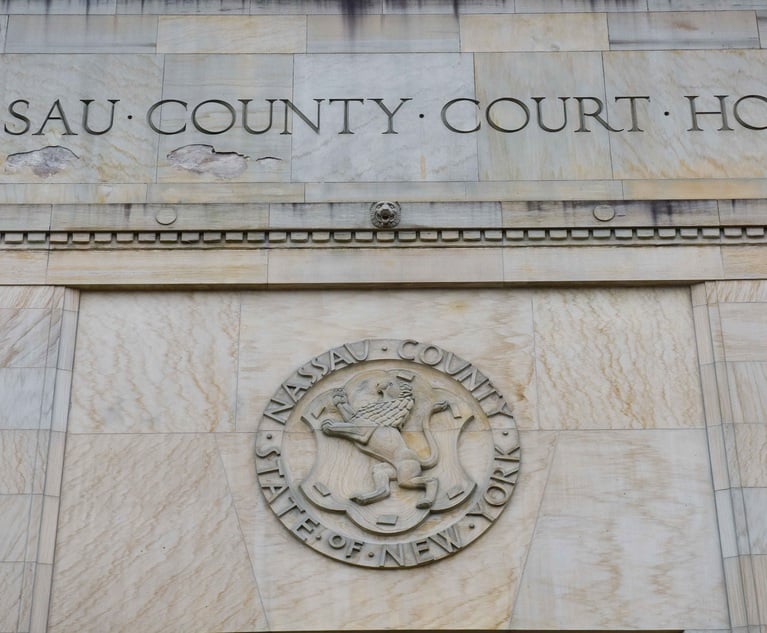In this article, we explore so-called “scrivener’s errors”—a mistake that occurs when parties have reached a mutual oral agreement but the signed writing does not express that agreement and one of the parties seeks to reform the contract. VNB N.Y. v. Chatham Partners, No. 114222/10, 2013 N.Y. Slip Op. 33535(U), at *5 (Sup. Ct. N.Y. Cnty. 2013). These errors have the capacity to affect the validity, interpretation and enforceability of contractual agreements and thus can profoundly impact transactions and business operations.
Although a court can use its inherent power to reform contracts and equitably align language with the parties’ original intentions, New York courts have shown a judicial wariness against this practice. This article delves into how New York courts determine whether to resolve a scrivener’s error, including a recent First Department decision, NCCMI v. Bersin Properties, Index No. 650276/15, 2024 N.Y. Slip Op. 01161 (1st Dep’t 2024), that did so.


 L-R: Gaby Colvin, Jacob Fargo, and Lara Flath of Skadden, Arps, Slate, Meagher & Flom. Courtesy photos
L-R: Gaby Colvin, Jacob Fargo, and Lara Flath of Skadden, Arps, Slate, Meagher & Flom. Courtesy photos




